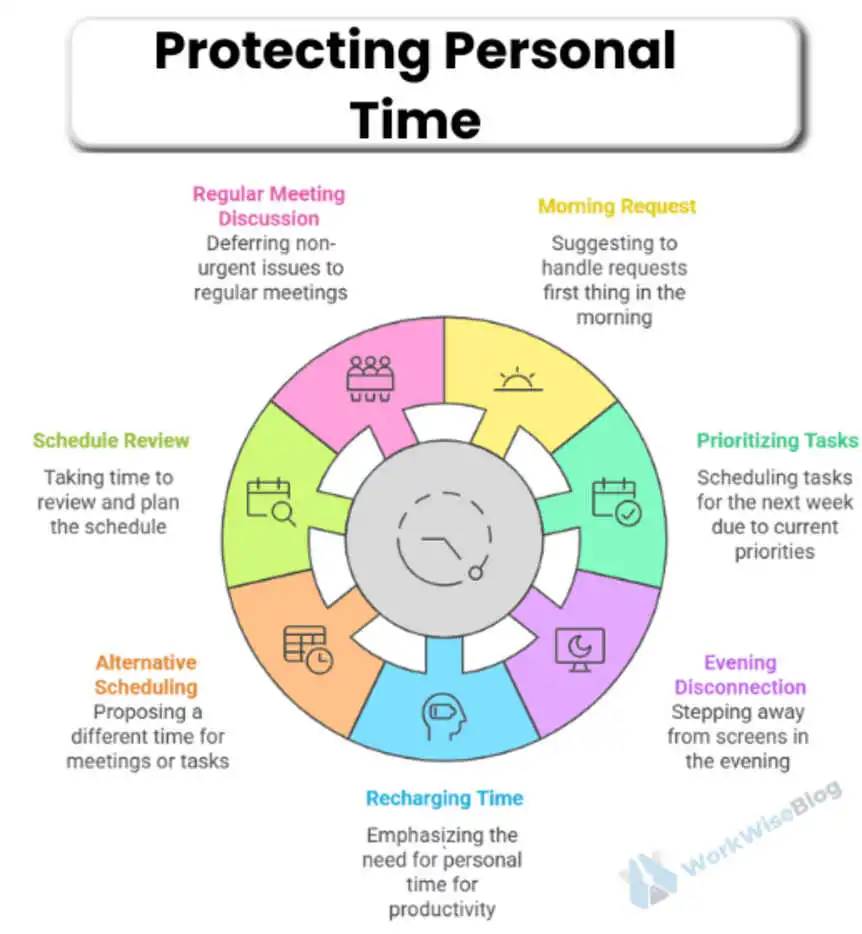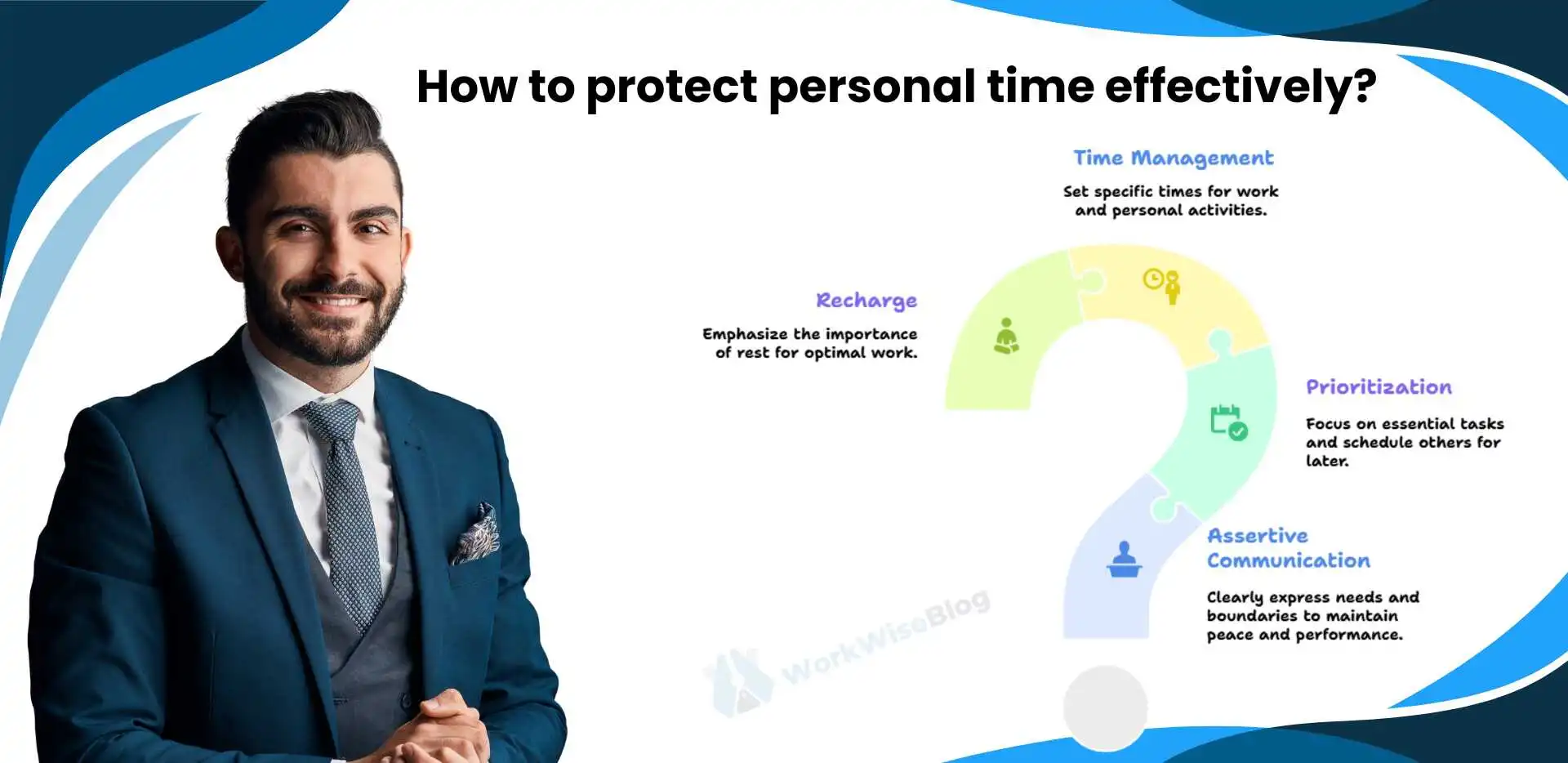
1.“8am would work for me to come out to look at it.”
Use when:
Someone requests something of you at the 11th hour and you’d rather tackle it first thing in the morning.
Why it works: You’ve formally recognized the ask, but also informed the originating party that you’ve come to the end of your work day. You are not saying “no,” you are simply saying “not right now.” It lets people know that you’ve set some limits around your time without getting anyone to work too hard.

Example:
“Thanks for sending this over. I’d be happy to take a look first thing tomorrow when I’m back online.”
2. “I’m currently focusing on [priority task], but I can schedule time for this next week.”
Use when:
You have been asked to do something and it is not within your existing priorities.
Why it works:
This line shows you how much you are taking responsibility for the time and priorities you need to handle. Rather than just saying no, you are offering a realistic timeline while being considerate of the task and your availability.
Example:
“I’m working on completing the quarterly report at this time, but I’d be glad to speak with you on Tuesday afternoon.”

3. “I’m stepping away from my screen this evening, but I’ll respond during working hours.”
Use this when:
You’ll be expected to respond after hours.

Why it works:
This offers a mindset for healthy digital boundaries. It gives notice you want to be engaged in rest, and that non-urgent matters can wait—with no effort to sound dismissive or uncooperative.
Example:
“Thanks for the update! I will be away from my monitor tonight, but I will circle back first thing in the morning.”
4. “I’ve found I do my best work when I’m able to recharge fully outside of work hours.”
Use this when:
You need to explain your boundaries more explicitly.
Why it works:
This statement frames your boundary in terms of productivity and quality—values most professionals can appreciate. It emphasizes that personal time isn’t selfish—it’s strategic.
Example:
“To stay focused and energized, I make it a point to recharge after hours. I’ll follow up on this tomorrow.”
5. “That time doesn’t work for me—can we look at another option?”
Use this when:
A meeting or task is scheduled during your personal or unavailable time.
Why it works:
It politely pushes back on the proposed schedule without making excuses. You’re being firm but open to compromise.
Example:
“I usually reserve early evenings for family time. Could we schedule this earlier in the day?”
6. “Let me get back to you after I’ve had time to review my schedule.”
Use this when:
You’re caught off guard by a sudden request and need space to consider.
Why it works:
It buys you time to make an intentional decision. Instead of agreeing on impulse (and regretting it later), you’re giving yourself permission to pause and assess.
Example:
“Thanks for thinking of me! Let me review my schedule and get back to you tomorrow.”
7. “To respect both our time, I suggest we revisit this during our regular meeting.”
Use this when:
Someone brings up non-urgent issues outside of scheduled check-ins.
Why it works:
It subtly reminds others of boundaries and existing systems. It avoids overcommunication and reinforces the idea that not everything needs to be immediate.
Example:
“This sounds like a great topic for our Thursday sync. Let’s add it to the agenda and discuss it then.”
Why These Phrases Matter
Living with solid boundaries creates sustainable careers. Having boundaries teaches us focus, conserving our energy, and preventing burnout. More importantly, boundaries model healthy behavior for colleagues, teams, and future leaders. When you advocate for your time respectfully, you inspire others to do the same.
Final Thoughts
Your personal time fuels your professional excellence. Saying no to one more task or one late-night ping isn’t selfish—it’s strategic. You’re not just protecting your time. You’re preserving your focus, well-being, and long-term growth.
So next time your calendar’s full, your evening’s booked, or your brain just needs a breather—don’t hesitate to use one of these phrases. The people who respect your boundaries are the ones worth building with.
Further Reading:
- Work Wise :The Role of Time Management in Career Success
- Harvard Business Review : Protect Your Time at Work by Setting Better Boundaries”













1 Comment
eww